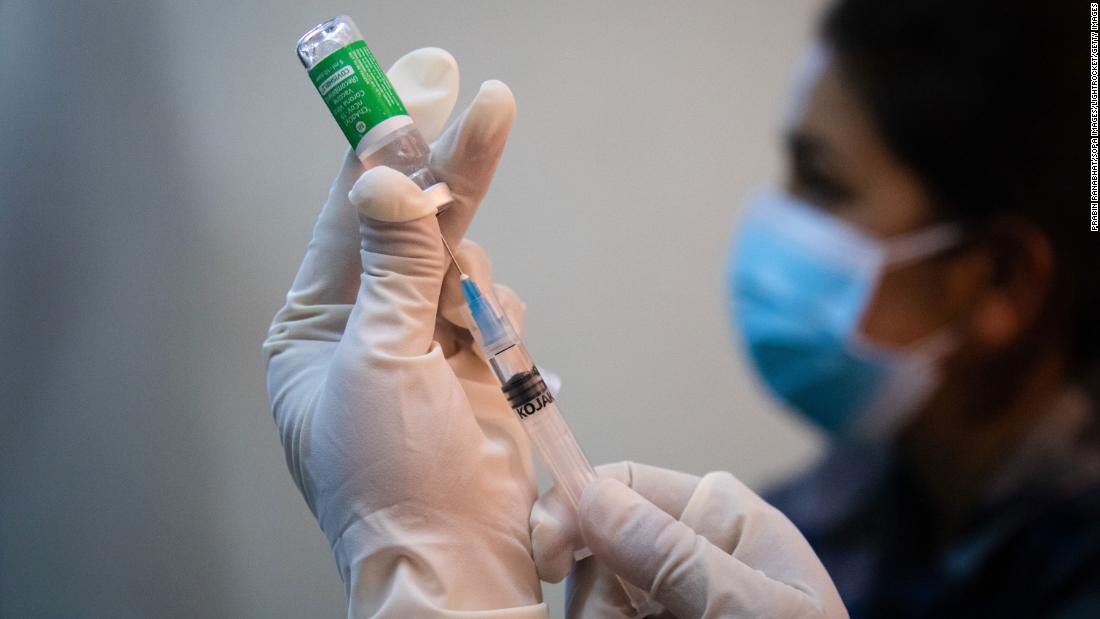The COVAX initiative was launched in April last year to ensure the rapid and equitable distribution of coronavirus vaccines to rich and poor countries and the vaccination of high-risk groups.
Led by the World Health Organization and several other international health groups, it has since joined 190 countries, but has been rejected by the United States, in part because former President Donald Trump did not want to work with WHO.
The first round of distribution includes 336 million doses of the AstraZeneca-Oxford vaccine – 240 million from the Serum Institute of India and 96 million from AstraZeneca – as well as 1.2 million doses of the Pfizer-BioNTech vaccine.
But the plan is “non-binding and may be subject to change”, with the actual allocation and distribution depending on a series of warnings, from WHO’s emergency use approval to countries’ readiness to receive and administer vaccines, he said. the document.
Both vaccines require two doses to provide full immunity. The Pfizer-BioNTech vaccine should be stored at minus 75 degrees Celsius or minus 103 degrees Fahrenheit. In comparison, the AstraZeneca-Oxford vaccine can be kept in refrigerator temperatures of 2C to 8C (36F to 46F) for at least six months, making transportation and distribution much easier, especially in developing countries that lack the capacity to refrigerated storage.
But the Pfizer-BioNTech vaccine is the only one to date that has obtained WHO emergency use approval. An evaluation of the AstraZeneca-Oxford vaccine is underway.
Delivery of the AstraZeneca-Oxford vaccine is expected to begin in late February, if all requirements are met, according to the allocation plan.
“Soon, we will be able to start providing life-saving vaccines worldwide, a result that we know is essential if we are to have any chance of winning this pandemic,” said Seth Berkley, executive director of the GAVI alliance, which guarantees vaccines for poor countries. and together with WHO, he is one of the co-leaders of the initiative.
North Korea is also on the list, which is expected to receive nearly 2 million doses of the AstraZeneca-Oxford vaccine. Pyongyang says the country has not hired a single case of Covid-19 – which experts say is probably not true.
Some rich, self-financed countries were also included in the initial distribution plan, such as South Korea, Canada, New Zealand and Singapore.
COVAX aims to deliver up to 2 billion doses of the coronavirus vaccine to less developed countries by the end of this year, enough to inoculate more than 20% of the populations in its member countries.
But it has long been questioned whether it could achieve this goal, due to the challenges in obtaining sufficient funds and supplies.
Additional reporting by Reuters.
